When Jesus arrived, he found that Lazarus had already been in the tomb for four days. Now Betha- ny was near Jerusalem, only about two miles away. And many of the Jews had come to Martha and Mary to comfort them about their brother. When Martha heard that Jesus was coming, she went to meet him, but Mary sat at home. Martha said to Jesus, “Lord, if you had been here, my brother would not have died.”
—John 11:17–21
By the time Jesus arrives at the home of his friends, Lazarus has died. His sisters mourn and many of the Jewish people nearby have come to comfort them. Martha goes out to meet Jesus, but Mary does not. Perhaps she is too disappointed, or maybe she is angry or simply too confused. Mar- tha, on the other hand, shares what’s on her heart: Jesus could have kept her brother from dying. Why did he wait?
When we experience pain and suffering, Martha’s thought is often our thought: God could have prevented this. If God is all powerful, he could have done something. This perception is both true and untrue. God works in our lives but often in ways we are not looking for. God cannot both bless us with free will and always take the hard parts of life away. We must trust in God’s judgment and timing.
Are you mad or disappointed with God for not intervening in some particularly difficult circumstance of your life or the life of someone you love? Follow Martha’s example, and confess this to him.
This reflection from Messages of Trust for Lent, originally published by Ave Maria Press, was reprinted with permission of the authors, Fr. Michael White and Tom Corcoran. For more parish resources, visit https://www.rebuiltparish.com/.
Responsorial psalms are excerpted from the Lectionary for Mass for Use in the Dioceses of the United States of America, second typical edition © 2001, 1998, 1997, 1986, 1970 Confraternity of Christian Doctrine, Inc., Washington, DC. Used with permission. All rights reserved. No portion of this text may be reproduced by any means without permission in writing from the copyright owner. Other scripture texts in this work are taken from the New American Bible, revised edition © 2010, 1991, 1986, 1970 Confraternity of Christian Doctrine, Washington, DC, and are used by permission of the copyright owner. All Rights Reserved. No part of the New American Bible may be reproduced in any form without permission in writing from the copyright owner.







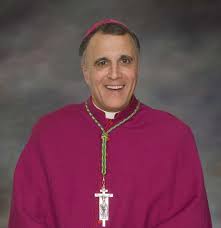
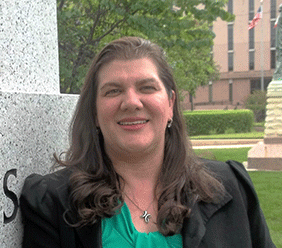

 Kimberly Kay Cox
Kimberly Kay Cox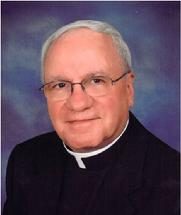







 Mark Mogilka
Mark Mogilka




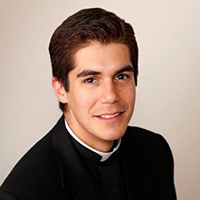
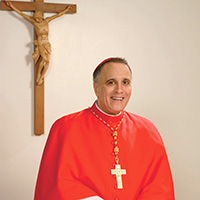








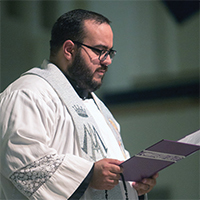
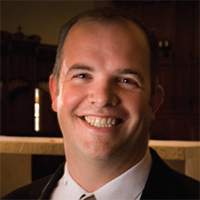


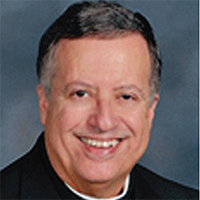

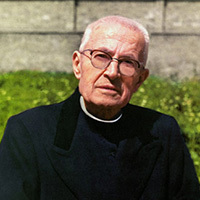




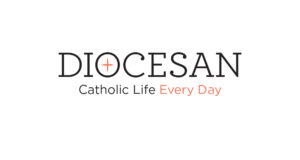


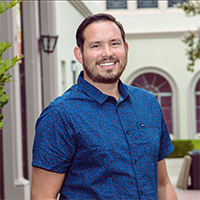
 Armando Cervantes
Armando Cervantes Anna Betancourt
Anna Betancourt
 Andrea Chavez-Kopp
Andrea Chavez-Kopp